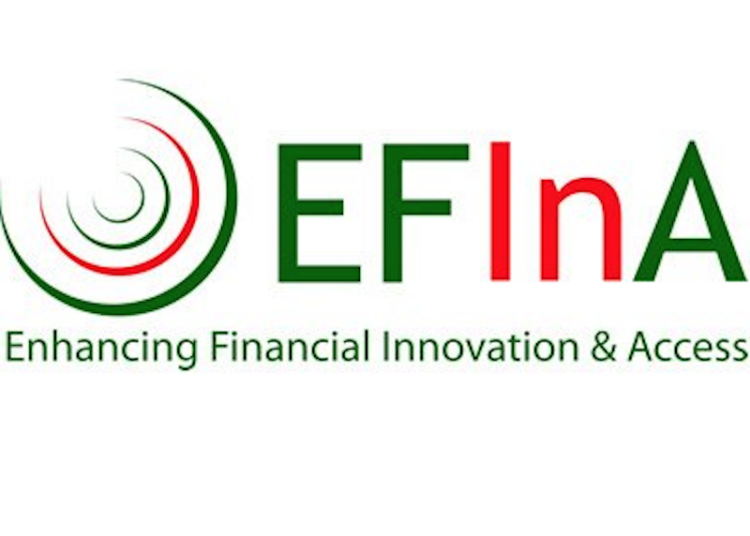A new report from EFInA has shed light on the grim state of women’s economic empowerment in Nigeria, revealing that only 22% of the country’s 56.3 million female adults are economically empowered. This translates to just 12.5 million women actively participating in productive economic activities.
The EFInA Women’s Economic Empowerment report, which draws on data from the 2023 Access to Financial Services in Nigeria (A2F 2023) Survey, identifies education, digital skills, and financial literacy as the most significant factors driving women’s economic empowerment.
The report further emphasizes the importance of household decision-making autonomy and participation in social groups as key to increasing women’s agency.
Emezino Afiegbe, EFInA Gender Centre of Excellence Lead, remarked, “This report identifies crucial connections between financial inclusion and women’s economic empowerment, helping us target resources and investments to accelerate progress for all Nigerian women.”
According to the report, financial services play a pivotal role in empowerment. Women with active bank accounts in the last 90 days are 1.8 times more likely to be empowered. In addition, those using formal savings methods are 6.9 times more likely to be economically empowered than those relying on informal savings.
Access to credit from formal sources doubles the likelihood of empowerment, while informal credit offers minimal impact.“For women’s economic empowerment, it is crucial to recognize this as a long-term endeavor,” said Yetunde Fatogun, a social development consultant at the World Bank.
“Sustainable progress requires the involvement of multiple sectors in implementation. To truly empower women, we must address critical issues, including the influence of culture and the pivotal role of institutions—traditional, religious, and family.”
The report also highlighted the expanding role of digital financial services (DFS), with women using digital banking channels seeing a 1.36 times boost in empowerment. Formal remittance systems were shown to increase empowerment by 1.9 times compared to informal channels.
“This report is both timely and essential,” Fatogun added, “as it sheds light on the multifaceted challenges women face and offers insights into how various sectors can collaborate to drive meaningful and lasting change in Nigeria.”
The findings underscore the urgent need for strategic interventions aimed at enhancing women’s financial inclusion, which in turn would drive broader economic empowerment across the country.














